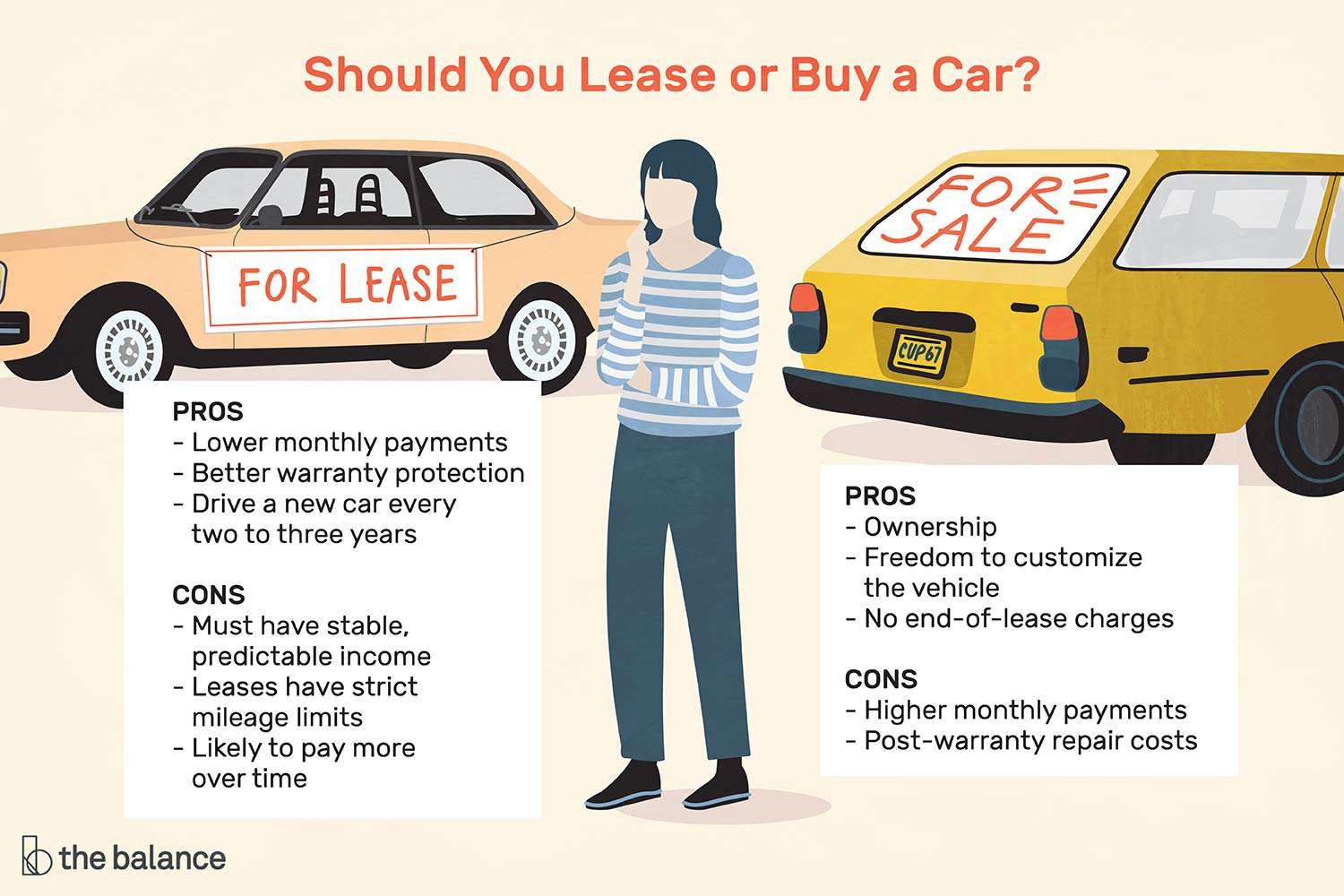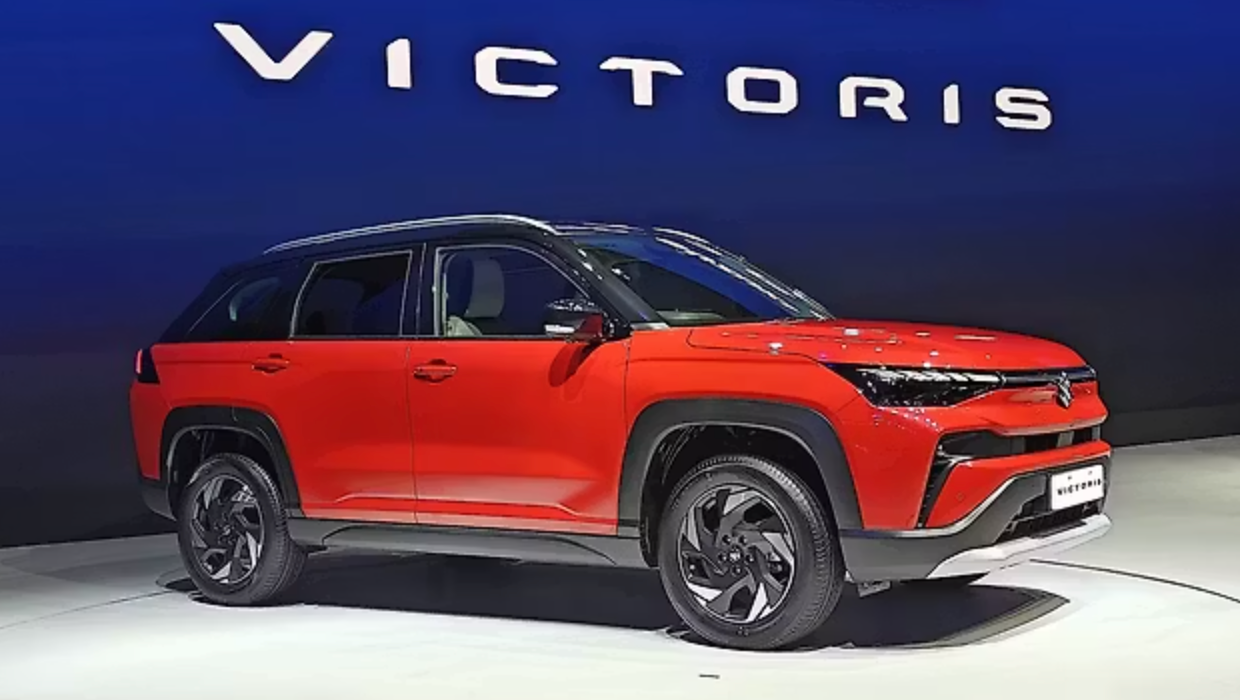Benefits of Leasing vs Buying a Car
When it comes to acquiring a new vehicle, the decision between leasing and buying can be a challenging one. Both options have their pros and cons, and it ultimately depends on your circumstances and preferences. In this article, we will explore the benefits of leasing and buying a car, helping you make an informed decision.
Lower Monthly Payments
One of the primary advantages of leasing a car is the lower monthly payments compared to buying. When you lease a vehicle, you are essentially paying for the depreciation that occurs during the lease term, rather than the entire cost of the car. This can result in significantly lower monthly payments, making it an attractive option for those on a tight budget.
Ability to Drive a New Car Regularly
Leasing allows you to drive a new car every few years. At the end of your lease term, you can simply return the vehicle and lease a new one. This provides you with the opportunity to experience the latest features and technologies without the hassle of selling or trading in a car. If you enjoy having a new car and staying up-to-date with the latest models, leasing can be a great choice.
Lower Maintenance and Repair Costs
Another benefit of leasing is that you can avoid some of the maintenance and repair costs associated with owning a car. Most lease terms coincide with the manufacturer’s warranty, which means that any covered repairs are typically taken care of by the dealership. This can provide peace of mind and save you money on unexpected expenses.
No Resale Hassles
When you buy a car, you have the responsibility of selling it when you no longer want or need it. This process can be time-consuming and often involves negotiating with potential buyers. With leasing, you can simply return the car at the end of the lease term and walk away. This eliminates the hassle of selling a used car and allows you to move on to a new vehicle seamlessly.
Flexibility and Options
Leasing offers flexibility and options that buying may not provide. You can choose the lease term that works best for you, typically ranging from 2 to 4 years. Additionally, you can customize your lease by selecting the mileage limit that suits your driving habits. This flexibility allows you to tailor the lease agreement to your specific needs and preferences.
Ownership and Equity
While leasing offers many advantages, buying a car provides the benefit of ownership and equity. When you buy a car, you have the freedom to modify it, personalize it, and drive it as much as you want without worrying about mileage restrictions. Additionally, as you make loan payments, you build equity in the vehicle, which can be beneficial if you plan to sell or trade it in the future.

In conclusion, both leasing and buying a car have their own set of benefits. Leasing offers lower monthly payments, the ability to drive a new car regularly, lower maintenance and repair costs, and no resale hassles. On the other hand, buying provides ownership, equity, and more flexibility. Consider your financial situation, driving habits, and personal preferences to determine which option is the best fit for you.
Frequently Asked Questions about the Benefits of Leasing vs Buying a Car
1. Is it better to lease or buy a car?
It depends on your personal preferences and financial situation. Leasing offers lower monthly payments and the ability to drive a new car every few years, while buying allows you to build equity and have no mileage restrictions.
2. What are the advantages of leasing a car?
Leasing a car provides lower monthly payments, minimal upfront costs, warranty coverage, and the ability to drive a new vehicle with the latest features.
3. What are the advantages of buying a car?
Buying a car allows you to build equity, have no mileage restrictions, make modifications, and eventually own the vehicle outright without any monthly payments.
4. Can I negotiate the price when leasing a car?
Yes, you can negotiate the price when leasing a car, just like when buying. Lowering the price can result in lower monthly payments.
5. Is leasing a car a good option for someone who drives a lot?
No, leasing is not ideal for individuals who drive a lot. Most lease agreements have mileage restrictions, and exceeding them can lead to additional fees.
6. What happens at the end of a car lease?
At the end of a car lease, you can choose to return the vehicle, purchase it at the residual value, or lease a new car.
7. Are there any tax benefits to leasing a car?
Yes, in some cases, leasing a car for business purposes may offer tax advantages. Consult with a tax professional to understand the specific benefits.
8. Can I customize a leased car?
In most cases, you cannot make significant modifications to a leased car. However, minor modifications like adding seat covers or a roof rack are usually allowed.
9. What are the potential disadvantages of buying a car?
Buying a car typically involves higher upfront costs, higher monthly payments, and the responsibility of selling or trading in the vehicle when you want a new one.
10. Can I end a car lease early?
Yes, you can end a car lease early, but it may come with early termination fees. It’s important to carefully consider the financial implications before terminating a lease prematurely.




